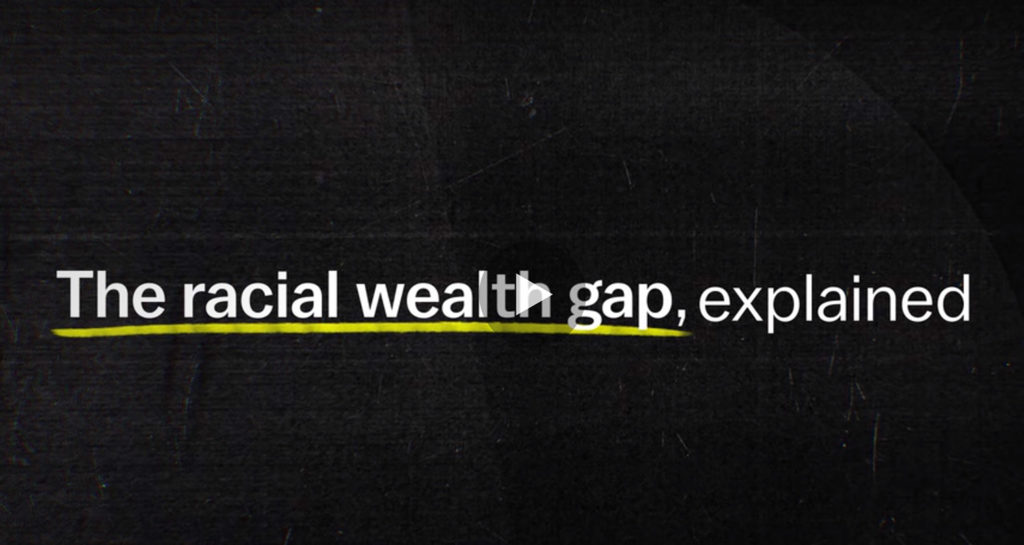 David Delmar
David Delmar
Founder and Executive Director, Resilient Coders
David Delmar is the Founder and Executive Director of Resilient Coders, a Boston-based free nonprofit coding bootcamp that trains people of color for high growth careers as software engineers, and connects them with their first engineering role. Since launching their bootcamp model in 2016, Resilient Coders has launched dozens of technical careers at companies as big as Wayfair and Accenture, and as small as early stage tech startups. Resilient Coders has been recognized by the White House in 2016, featured in TechCrunch, Fast Company News, Boston Globe, Boston Herald, BostInno, Bay State Banner, NPR, NECN, Xconomy, and other news outlets. David writes and speaks extensively about the state of access to the economy. He believes in the opportunity for meritocracy in tech.
Discussion Content
Vox Explained, “The Racial Wealth Gap”
Brief Intro:
Our biggest threat at Resilient Coders is apathy. People don’t understand quite how deep the chasm is between the two Bostons. They tend to believe that black and brown Bostonians are better off than they are. They consistently overestimate the opportunities available to them, and enormously underestimate the racism that they continue to experience day to day. White Bostonians who have met with professional success overvalue their own aptitudes, and undervalue the tremendous amount of privilege that they have had. We combat this with data.
David’s suggested material for further reading
Americans misperceive racial economic equality
TBF: Boston is Booming. But For Whom?
Education and class: America’s new aristocracy
The Asset Value of Whiteness. Understanding Racial Wealth Gap
David’s Discussion Questions (PDF for Print)
- Was the data presented in this video surprising to you, and if so, what in particular stood out?
- Many people believe that opportunities in education and diversity efforts will close the racial wealth gap. Discuss the ways in which this video suggests this is not the case.
- What measures do you suggest America takes to close the racial wealth gap? Do you support exploring reparations? What may these look like?

